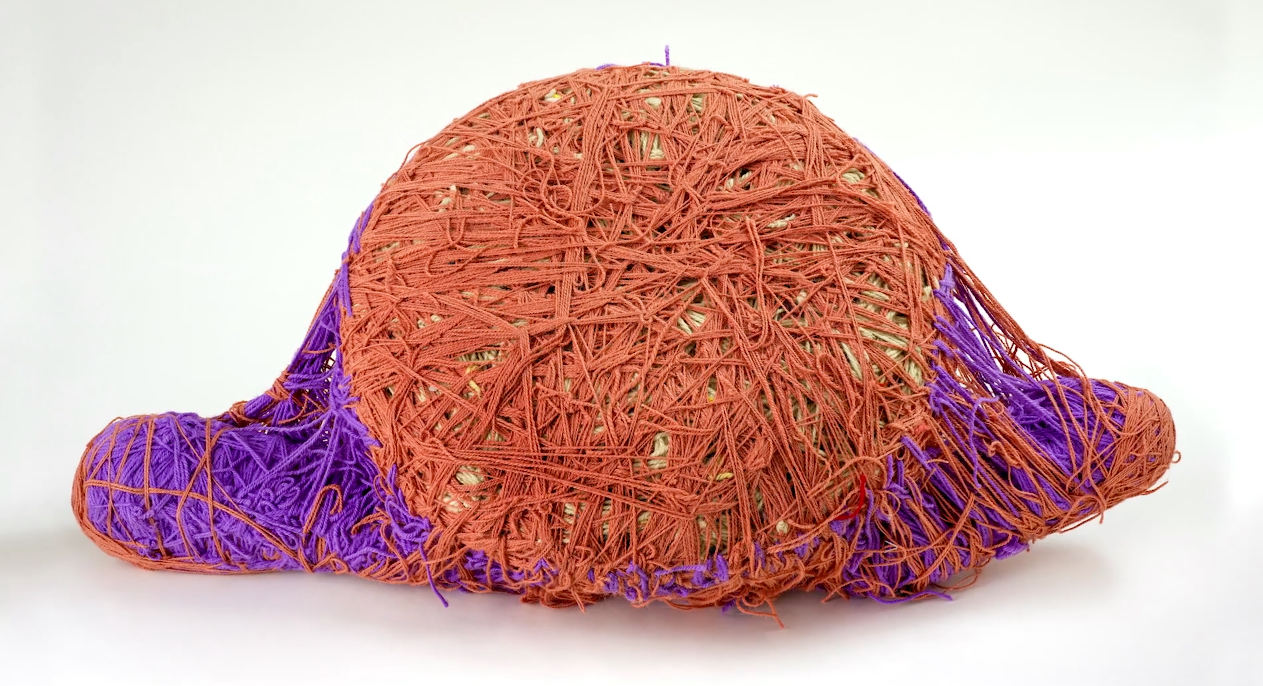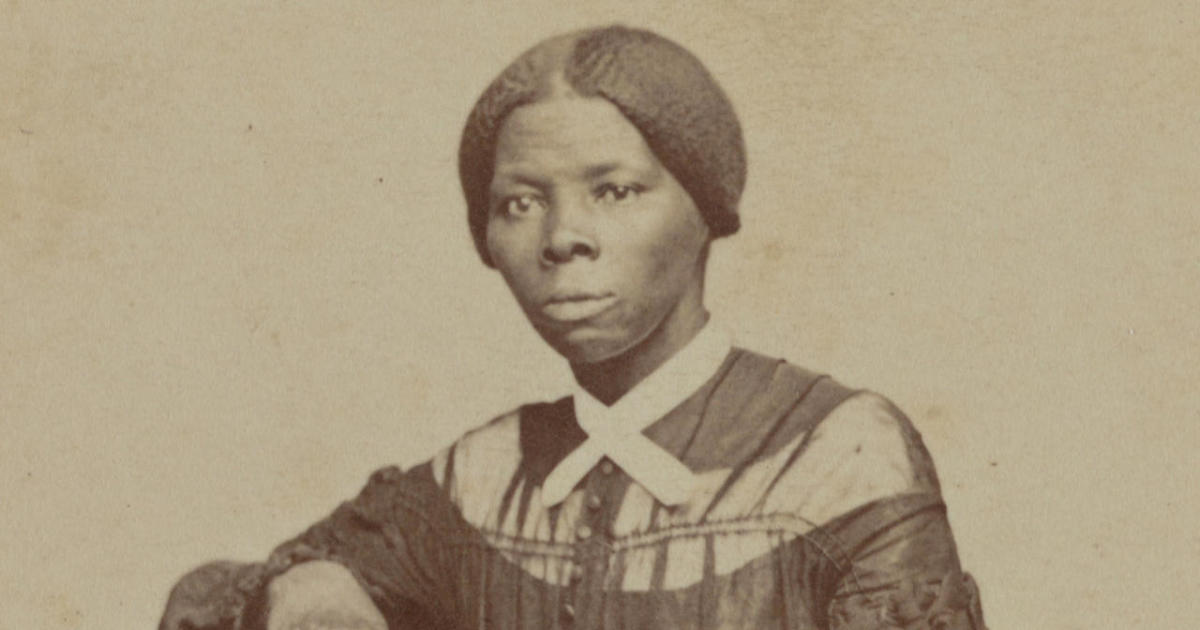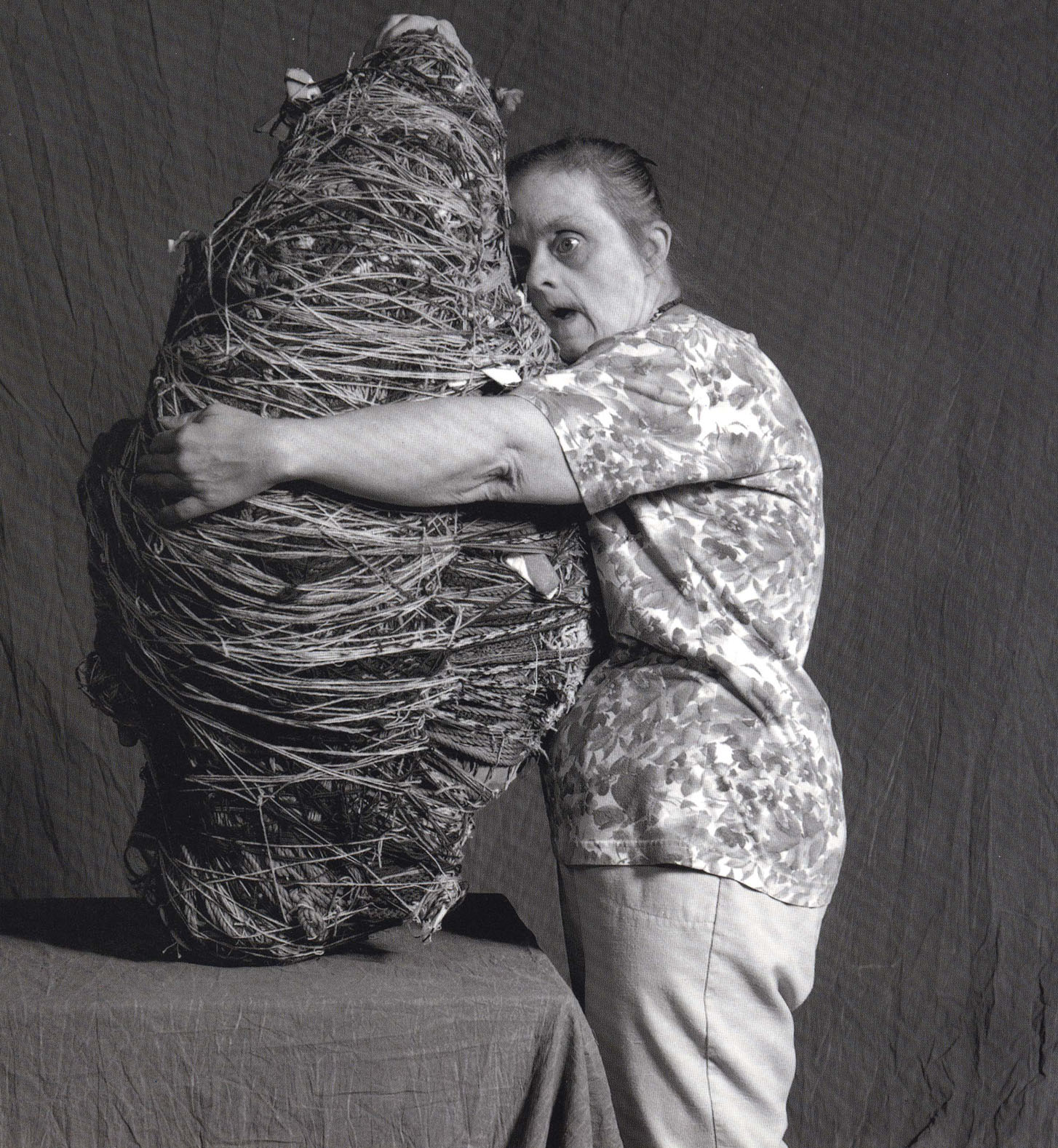
Dear Reader
In researching my book, The Power of Disability, I discovered that people with disabilities have been major players throughout history. Sadly the history books have missed most of their achievements, or given credit to someone else or ignored the person’s disability.
This issue highlights abolitionist and suffragist Harriet Tubman, politician Tammy Duckworth, scientist Stephen Hawking and sculptor Judith Scott. Please send your comments and suggestions via this form. And if you like what you’re reading do spread the word.
Thanks – Al
This week in history ...
 On March 10th 1913, Underground Railroad conductor, and woman’s suffragist Harriet Tubman died. She was in her nineties. When she was 12 years old, Tubman was nearly killed by a two pound iron weight thrown at her by a slave owner. The subsequent head injury caused headaches, seizures, and narcolepsy for the rest of her life.
On March 10th 1913, Underground Railroad conductor, and woman’s suffragist Harriet Tubman died. She was in her nineties. When she was 12 years old, Tubman was nearly killed by a two pound iron weight thrown at her by a slave owner. The subsequent head injury caused headaches, seizures, and narcolepsy for the rest of her life.
Tubman freed herself from slavery in 1849 by crossing the Mason-Dixon line. “I had crossed the line,” she recalled. “I was free; but there was no one to welcome me to the land of freedom. I was a stranger in a strange land; and my home after all, was down in Maryland; because my father, my mother, my brothers, and sisters, and friends were there. But I was free, and they should be free.” Tubman went on to free hundreds of enslaved people, including all members of her family, earning the nickname Moses. Despite the efforts of slaveholders, Tubman and the fugitives she assisted were never captured. “I was conductor of the Underground Railroad for eight years, and I can say what most conductors can’t say – I never ran my train off the track and I never lost a passenger.”
In her later years, Tubman worked to promote the cause of women’s suffrage working alongside Susan Anthony and Emily Howland. She is the first African American woman to be honoured on a U.S. postage stamp. In 2016 a decision was made to add her portrait to the front of the American $20 bill. No action was taken because Mr. Trump was a fan of Andrew Jackson whose face is currently on the bill. President Biden’s Treasury Department has revived the commitment.
 On March 12th American politician Tammy Duckworth was born in Bangkok, Thailand (1968). She was the first woman to serve as a front line helicopter combat pilot in the U.S. military. While serving in Iraq her helicopter was shot down by a rocket-propelled grenade, and Duckworth lost both her legs. She was awarded a Purple Heart for her bravery.
On March 12th American politician Tammy Duckworth was born in Bangkok, Thailand (1968). She was the first woman to serve as a front line helicopter combat pilot in the U.S. military. While serving in Iraq her helicopter was shot down by a rocket-propelled grenade, and Duckworth lost both her legs. She was awarded a Purple Heart for her bravery.
She is the first disabled woman to be elected to the U.S. House of Representatives and the first sitting Senator to give birth while in office. “We must be an inclusive nation that respects and supports all of its citizens: a nation that doesn’t give up on anyone who hasn’t given up on themselves,” she said. Duckworth, who is a Democrat, once told a political critic: “These legs are titanium. They don’t buckle. Go ahead, take a shot at me.”
Duckworth is often asked to hide her wheelchair when being photographed. “People always want me to hide it in pictures. I say no! I earned this wheelchair. It’s no different from a medal I wear on my chest. Why would I hide it?,” she said.
 On March 14th 2018, physicist, cosmologist, author, and professor Stephen Hawking died. Hawking was twenty-two when he was diagnosed with ALS (amyotrophic lateral sclerosis) a neurological condition that reduced his ability to control his muscles including those used for breathing. He was given a few years to live. Instead he lived another fifty years uncovering scientific secrets of the universe. Discoveries he attributed to his disability.”My disabilities have not been a significant handicap in my field…Indeed, they have helped me in a way by shielding me from lecturing and administrative work that I would otherwise have been involved in,” he said. His book A Brief History of Time became an international bestseller and was translated into more than 35 languages. When asked how he would design the universe differently he answered, “If I had designed it differently, it wouldn’t have produced me. So that is a meaningless question. I’m prepared to make do with the universe we have, and try to find out what it is like.”
On March 14th 2018, physicist, cosmologist, author, and professor Stephen Hawking died. Hawking was twenty-two when he was diagnosed with ALS (amyotrophic lateral sclerosis) a neurological condition that reduced his ability to control his muscles including those used for breathing. He was given a few years to live. Instead he lived another fifty years uncovering scientific secrets of the universe. Discoveries he attributed to his disability.”My disabilities have not been a significant handicap in my field…Indeed, they have helped me in a way by shielding me from lecturing and administrative work that I would otherwise have been involved in,” he said. His book A Brief History of Time became an international bestseller and was translated into more than 35 languages. When asked how he would design the universe differently he answered, “If I had designed it differently, it wouldn’t have produced me. So that is a meaningless question. I’m prepared to make do with the universe we have, and try to find out what it is like.”
Hawking turned being wrong and changing one’s mind from a weakness to a strength. “The greatest enemy of knowledge is not ignorance, it is the illusion of knowledge,” he said. “Next time someone complains that you have made a mistake, tell him that may be a good thing because without imperfection, neither you nor I would exist.” His philosophy of life can be summed up in the following quote, “Remember to look up at the stars and not down at your feet. Try to make sense of what you see, and wonder about what makes the universe exist. Be curious.”

On March 15th 2005, celebrated fibre artist and self-taught sculptor Judith Scott died suddenly. At the age of seven Scott, who was born with Down syndrome, was put in an Ohio institution by her parents. Thirty-five years later her twin sister Joyce tracked Judith down and invited her to move across the country to California.
The rest is art history. Judith began taking lessons from fibre artist Sylvia Seventy. Something clicked. For the next eighteen years all Judith wanted to do was weave. She worked non-stop inventing a new type of sculpture. She wrapped, weaved and bundled yarn, thread, fabric and other fibres along with random household objects into visually complex, three dimensional, mixed media sculptures. She never repeated a form or colour scheme.
Today Judith’s cocoon and totem-like sculptures are found in museums and private collections around the world. She is hailed as “one of the most important artists of the twentieth century.” Her sculptures invite people to reach out and touch them. They are meant to disrupt our gaze and remind us that we feel as well as think. And that we can ‘know’ the world by touching it.
In 2006 the documentary film Outsider: the Life and Art of Judith Scott was made. You can view a short clip here and a BBC biographical profile here.
Did you know?
A new study published in Frontiers in Political Science, found that voters do not apply negative stereotypes when evaluating candidates with a disability. Rather, voters tend to perceive candidates with a disability as capable, honest, and caring. They are also assumed to be further to the left ideologically and more concerned about and competent in dealing with policy on healthcare, minority rights, and social welfare.
